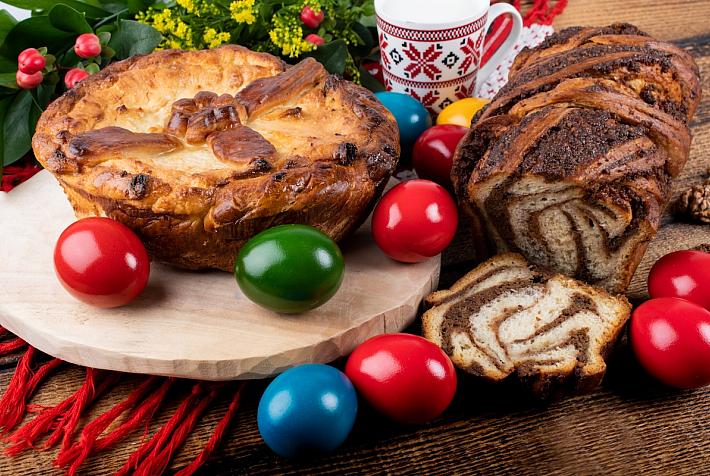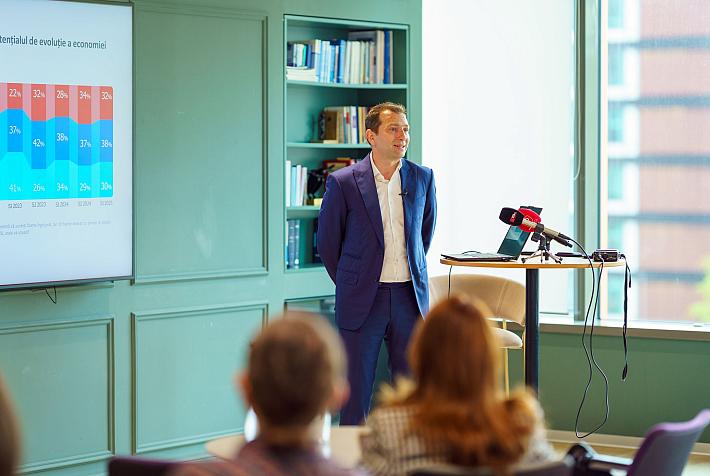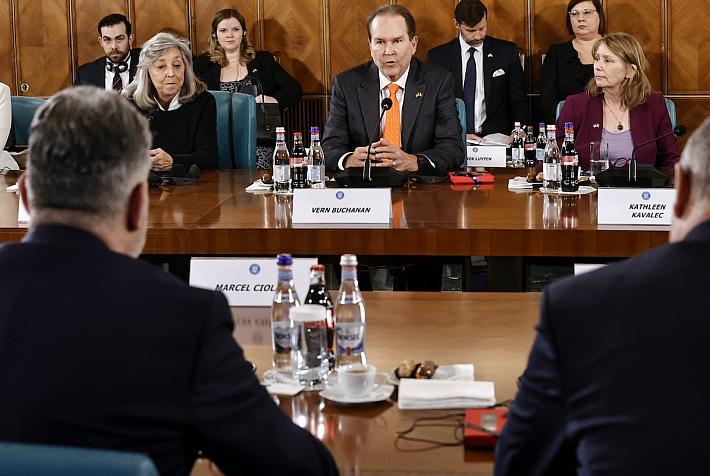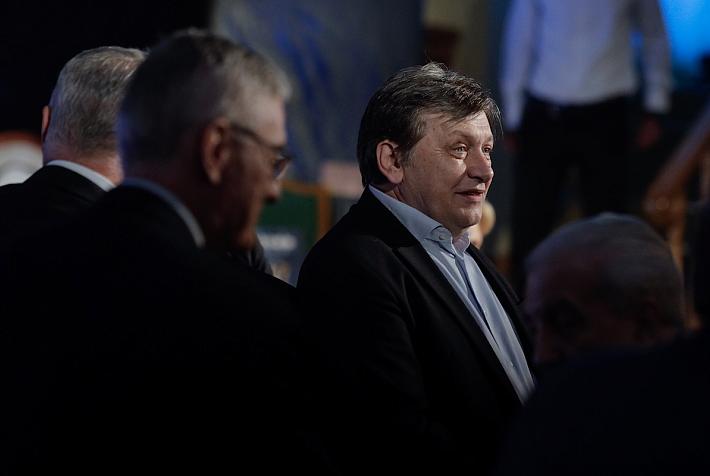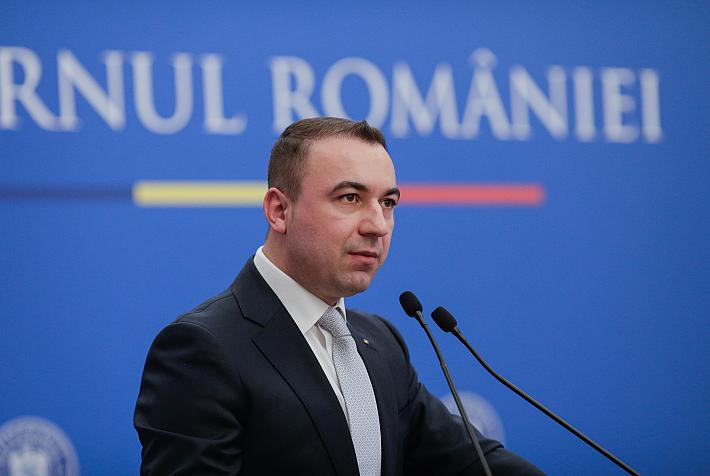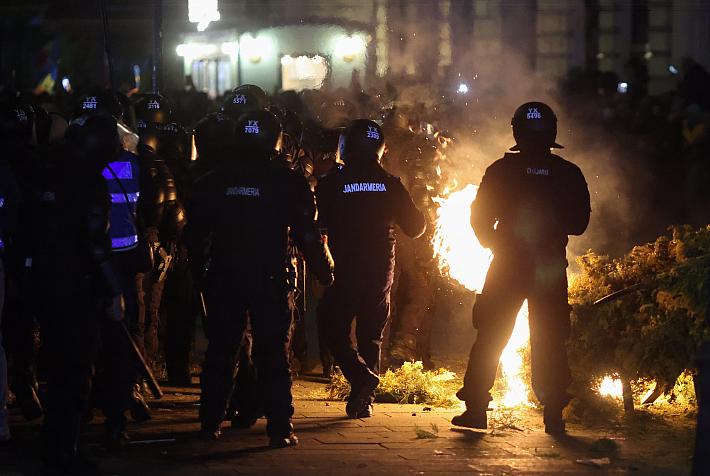Charity and volunteering in Romania - everyone can make a difference

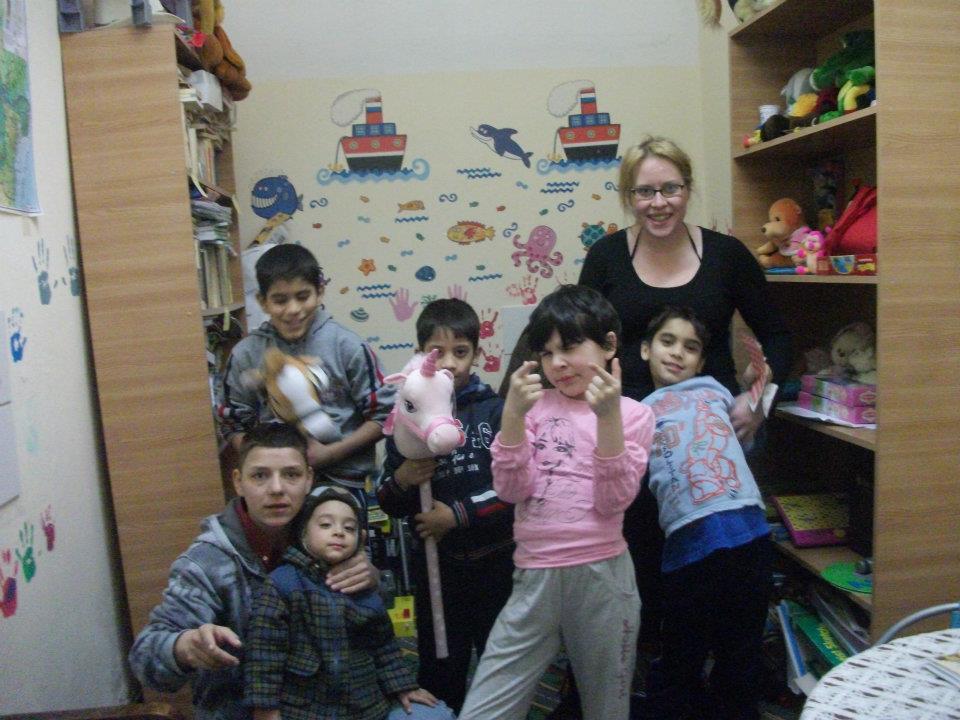 In her new weekly series on Romania-Insider.com, Danish columnist Eleonore of Schaumburg-Lippe writes about the involvement in charity work in Romania and how to work it into busy schedules.
In her new weekly series on Romania-Insider.com, Danish columnist Eleonore of Schaumburg-Lippe writes about the involvement in charity work in Romania and how to work it into busy schedules.
"Charity work, yes, it is a good thing, but I just don’t have the time to get involved". This, sadly, is the answer I often hear when I talk to people about making a difference and doing charity work. Most people think that charity work is about being a volunteer and just thinking about taking an hour or two out of their busy schedule stresses people out.
For years, I had also been telling myself that I should do charity work, especially after coming to Romania, I felt an obligation as an expat to make a difference for the less fortunate living here. But one day followed another and I just did not know where and how I could help, until one very cold evening in January something happened. The heating system in my apartment stopped working suddenly and I had to wrap myself with a lot of clothes to get warm. I looked out of the window and there I saw streets covered in snow. I shuddered. "Maybe I feel cold," I thought, "but this must be nothing compared to the people who are homeless and trying right now to sleep on these streets covered in ice and snow."
At that moment, I took a decision to help the homeless. I turned on my computer and began to Google, and then I found Casa Ioana.
Casa Ioana is a shelter for homeless families and individuals, offering temporary accommodation and psycho-social support services, which currently houses 50 families. Ian Tilling, from the UK and a former British policeman, decided to open a homeless shelter, but he added an extra concept to the simple roof and a bed idea.
The idea is to not only provide accommodation, but also to get the families back on track and integrated into Romanian society. The adults have to find work and the kids have to go to school. Personally I liked this idea; they are not just housing people but reestablishing their self-esteem, and giving them the tools to be a part of the society again. I sent them an email, to hear if they could use my help.
Almost before I knew it, I'd agreed to go to the shelter once a week to play with 14 kids aged 3-14 for an hour or two. The first time I went, I was a little apprehensive, not really knowing what to expect and not really speaking Romanian. However, I was curious about what would happen.
It became a life changing evening for me, the kids were so sweet and we ended up drawing and playing games, since then I've gone regularly, and the feeling in my heart when I see the smile on the kids’ faces, and they run and give me a big hug just can’t be explained. There are only one or two other volunteers at Casa Ioana, so anyone who has the time to become a volunteer, I am sure, would be very welcome.
As expats living here in Romania we are granted maybe more possibilities and therefore we should be thankful and give back, even small differences count. It all matters.
After the evening at Casa Ioana, I came in contact with another organization, Health Action Overseas (HAO), and the story behind the organization truly inspired me.
In January 1990 a camera man from an Irish news program went to Romania to make the TV- program “Post Ceausescu”, when he arrived, he met some people who told him he had to see the 'Legacy of Ceausescu.' They took him to an orphanage for adults and children, and what he saw shocked the whole world - children near starvation and shackled to their beds. He returned to Ireland determined to make a difference and in the end he got 2,000 volunteers working to rescue children from Romania's now infamous orphanages.
HAO - previously called Babies of Romania; the name changed when the babies grew up- is still taking care of the kids from that time, who are now adults. Along with the ongoing work to support the kids from the legacy of Ceausescu, the organization takes young people out of institutions, and with training and therapy helps them get their own apartments and lead a normal life.
Kathleen Biggs, the HAO representative in Romania, says anyone can opt to give 2 percent of paid tax to a charity and companies can donate a percentage of profits.This is another, easier way to help, and is ideal for those who don’t have the time to become a volunteer. HAO also holds charity events, like the Horse Racing evenings at the James Joyce pub or the Treasure Hunts in Lipscani. Anyone can show up, have a lot of fun and know that the money paid is going to a great cause.
It's plain that there are many ways to make a difference. Beyond my own two personal examples, there are many other charities and many other ways to get involved. Anyone can become a volunteer, donate money via the tax, or participate in events where the money goes to the charity.
Besides being a volunteer at Casa Ioana, I go with some friends to the Ana Aslan hospital , where we give food baskets to the older ladies, who are living on a pension of around EUR 100 a month.
You can do the same, or why not have a monthly family day? Clean up the house and make a bag together with the kids - old clothes, toys, anything you don’t use anymore - then contact a charity organization and give it all to people who really need it.
Just knowing that you make a difference is a good feeling, it's a two way street, and can be a great experience for you and those you help. Whatever your reasons, make a difference and ask yourself the question: "What have I done lately to make a positive difference to someone I don’t know ?"
By Eleonore of Schaumburg-Lippe, columnist
Eleonore is Danish, she holds a BA in Organization and Management and specializes in Corporate Communication & Strategic Development. She is also a Market Economist and a Multimedia Designer. She is currently working in Bucharest as the Executive Director of UAPR the Romanian Advertising Association. As a Danish Viking in Romania, with a great passion for ’covrigi’, she has a burning desire to find out how Romanian women can balance on really high stilettoes on the bumpy streets of Bucharest. Her weekly columns will give you insights in an expats life in Bucharest written with a typical Danish smile and humor.
(photo source: Eleonore of Schaumburg-Lippe personal archive)






